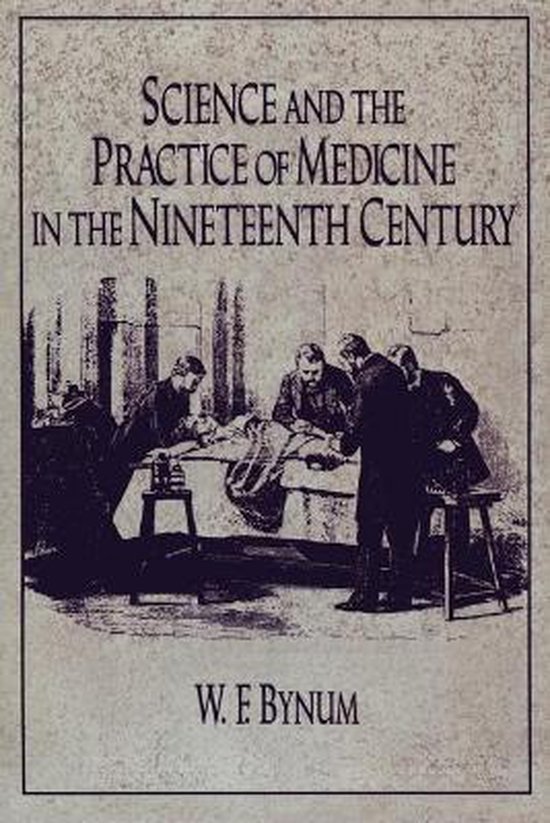
Science and the Practice of Medicine in the Nineteenth Century
Prior to the nineteenth century, the practice of medicine in the Western world was as much art as science. But, argues W. F. Bynum, 'modern' medicine as practiced today is built upon foundations that were firmly established between 1800 and the beginning of World War I. He demonstrates this in terms of concepts, institutions, and professional structures that evolved during this crucial period, applying both a more traditional intellectual approach to the subject and the newer social perspectives developed by recent historians of science and medicine. In a wide-ranging survey, Bynum examines the parallel development of biomedical sciences such as physiology, pathology, bacteriology, and immunology, and of clinical practice and preventive medicine in nineteenth-century Europe and North America. Focusing on medicine in the hospitals, the community, and the laboratory, Bynum contends that the impact of science was more striking on the public face of medicine and the diagnostic skills of doctors than it was on their actual therapeutic capacities.
| Auteur | | W. F. Bynum |
| Taal | | Engels |
| Type | | Paperback |
| Categorie | | Geneeskunde & Verpleging |